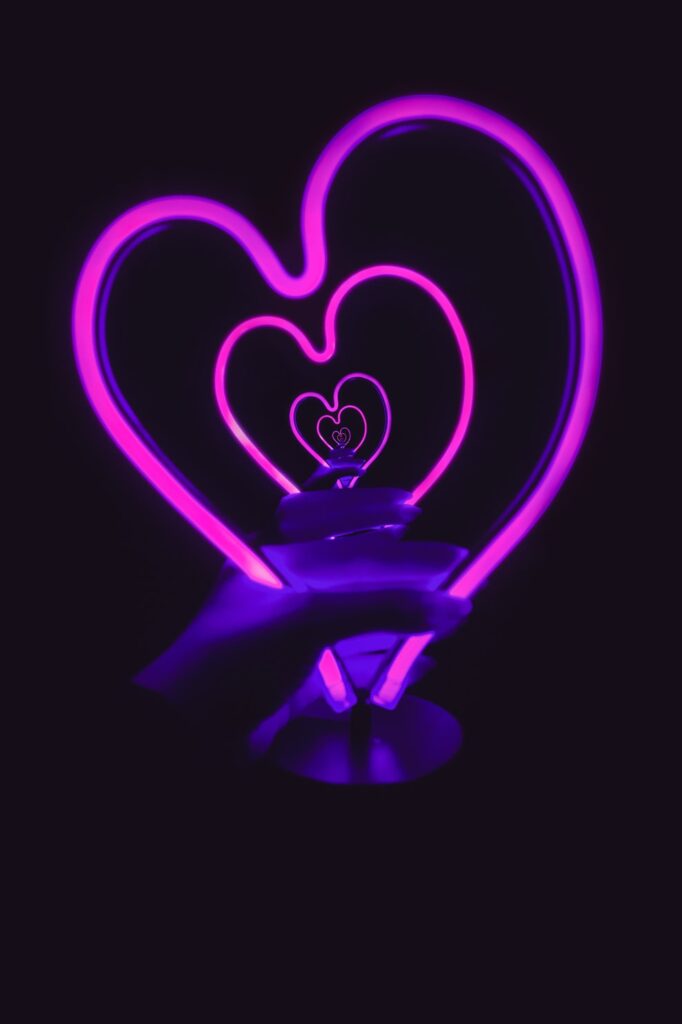
It’s Valentine’s Day, traditionally a day of celebrating romantic love and coupledom. That makes it a tough day for some of us, who aren’t spending it with a partner for any of a number of reasons. So instead, or in addition, I’d like to think about and celebrate other loves in our lives. The ancient Greeks described love in eight or nine different ways, depending on who you ask. Many of them relate to relationships and partnerships, both healthy and not, but they have at least four words for love that we all experience, whether or not we are partnered or seeking a partner. I’d like to share them with you, and invite you to think about how they are part of your experience, because noticing and being grateful for them is part of making days like today better no matter what our situation.
We start with storge, the love within families. Traditionally, storge refers to blood family – the love between parent and child, or siblings perhaps. It also encompasses family of choice, the people you have adopted or who have adopted you, to a level deeper than mere friendship. These are the people you can rely on through thick and thin, who will always accept you exactly as you are. These are the people you would drop everything for, if they called in need. We may not have a lot of storge in our worlds, but each of these relationships is extra special to us.
Sometimes, a friend is just a friend – a love known as philia. It’s not a lesser love, but a different one. It’s the love of companionship and shared interests or common purposes. These may include folks you don’t interact with regularly, whose names you might not even know. But you know and enjoy that warm and fuzzy feeling of connection, of spending time together doing something you all enjoy whether it’s an activity or simply each others’ company. Philia is that grin that goes with an inside joke, those conversations that last until the wee hours, that true feeling of team spirit.
There is love, too, that goes beyond people we know and people we individually identify with. It’s harder these days to feel agape, I think, whether the traditional definition of the love of God or the broader definition of love of humanity. We have, so many of us, lost faith in the goodness of people, have fallen into believing in that if you aren’t fully with us, you are against us. We may think that “those people” have no redeeming qualities. I suggest to you that the world is a kinder place to live when we spend the time to serve others and to discover how they are more like us than not.
And speaking of kindness, we have philautia – love of ourselves, and kindness to ourselves. Philautia is not a prideful, vain, self-centered love. It is an acceptance of self, when we see that we are enough. We are worthy. We are deserving of care. Philautia is an appreciation of who we are. It’s not easy, but it’s worthwhile because it allows us to forgive ourselves for our mistakes, so that we can move on to conquer new obstacles instead of being stuck in the hurt of the past. If we can embrace philautia, we can set standards not just for how we treat ourselves, but how we allow others to treat us.
Recognizing love in all its forms makes our lives richer. While we may focus on eros, romantic and erotic love, today, remembering the other types is good for our souls on all days. Even more importantly, paying attention to ourselves, our families, our friends, and the world around us gives us reason to fight to preserve our lives and defend ourselves. All of the weapons and all of the skills we can acquire mean nothing if we don’t see why we should use them, and as trite as it may sound, love is all the why we need.




